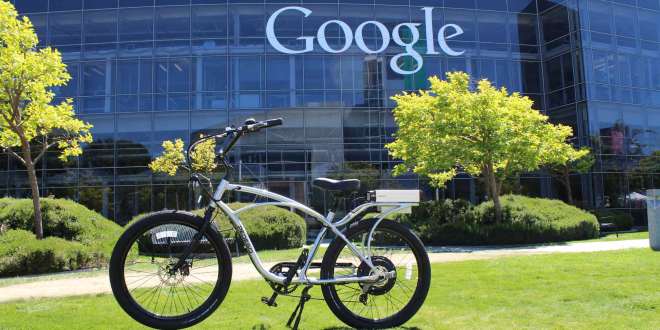A typical discussion about boosting your business success revolves around proper asset management, supply chain optimization, and networking. However, many businesses presume that outside factors have very little to do with the success of their business. The reality is that we live in a rapidly changing world, where sudden climate disruptions are becoming more and more commonplace. This can easily throw businesses out of balance, especially if they involve complex international trading operations.
In addition to that, sustainability is no longer just a nice label that businesses can add to their company’s name, but rather a necessity. Sustainable businesses are those which will actually make it in the long run. Not only does this positively impact the environment but it also allows a business to cut costs and get more returns. Here are actionable steps that businesses can take to combat climate change in 2023.
Ensure the safety of your physical assets
One of the ways many businesses can fail overnight is when a huge disaster wipes out all of their physical assets. Make sure to find out more information on your local area and assess what the most prominent climate hazards are in order to protect your assets.
In most cases, your employees will be hit the hardest. Some places that are dry and hot are likely going to have a lot of wildfires. Coastal areas are more likely to suffer from devastating hurricanes and rising sea levels. If your local area has a river but doesn’t have the right infrastructure there is a risk of severe flooding during increased rainfall. That could damage your business headquarters, service vehicles, and storage areas.
Climate change knows no boundaries and it deeply affects how and where people work and live, and sometimes the best idea is to simply relocate your business, especially if you have a lot of sensitive physical assets that are stored in warehouses. This is a big move, which is why it requires thorough assessment and organization first. However, it can potentially save you an entire fortune.

Strengthen your infrastructure
‘Do not put all your eggs in one basket is generally good advice when it comes to managing the infrastructure of your business. Ideally, you should diversify the sources of your supply chain. This will include creating backup inventories as well as developing new ways in which these resources can be accessed.
The latest climate risk analytics tools can drastically help businesses stay out of danger during such trying times. The data can show you how best to manage your inventory and where to source with your suppliers. In addition to that, it is generally a good idea to consider how extreme weather can impact your power supply, telecommunications, and water pipelines.
The best way to overcome issues like this is to become self-sufficient and rely on self-generating sources of energy. Solar panels are a great option for that. This is how truly sustainable and green businesses operate, by saving the environment while becoming completely energy-independent.
Mitigate potential disasters
Sometimes, the damage caused by climate change extends far beyond a few supply chain disruptions and is in fact a complete disaster. This requires you to prepare your business with a holistic approach and to develop a recovery plan. Professional emergency preparedness resilience and response services can help you: assess potential risks, mitigate them before a disaster occurs, and execute an emergency response according to the plan if it occurs. A well-executed plan can help you shelter your employees and save your assets in the safest possible way.
Choose sustainable suppliers
When assessing climate risks, it is important to think in broad terms and to consider how big of an impact climate change can have on your business. Sometimes, business owners will only come up with a plan that covers their local area. However, for the most part, modern businesses operate globally and that is why it is important to choose your business partners responsibly.
When fighting climate change the devil is in the details, and every little decision matters. You can significantly contribute to this fight if you simply choose suppliers who have strong environmentally-friendly policies. Each interaction with your suppliers can be much more efficient and sustainable, which can positively compound over a long period of time.

Improve your waste management
The best way to solve your waste management problems is to create less waste in the first place. You would be surprised to know how many seemingly insignificant items end up generating the bulk of the waste for a typical business. That is why you can actively generate less waste by eliminating the use of disposable coffee cups or plastic straws.
In the office, you can also limit the number of prints available so that people can focus on documents that truly matter. In addition, it is possible to use integrated recycling systems within businesses that make waste management much more efficient and intuitive.
Final comments
In order to fight climate change, businesses have a lot of options to consider. It is truly possible to make a change and even prepare for the worst if action is taken right now. The most useful steps towards achieving that will include: protecting your physical assets, fortifying your infrastructure, mitigating potential disasters, choosing environmentally-conscience suppliers as well as assessing how you manage your waste.



